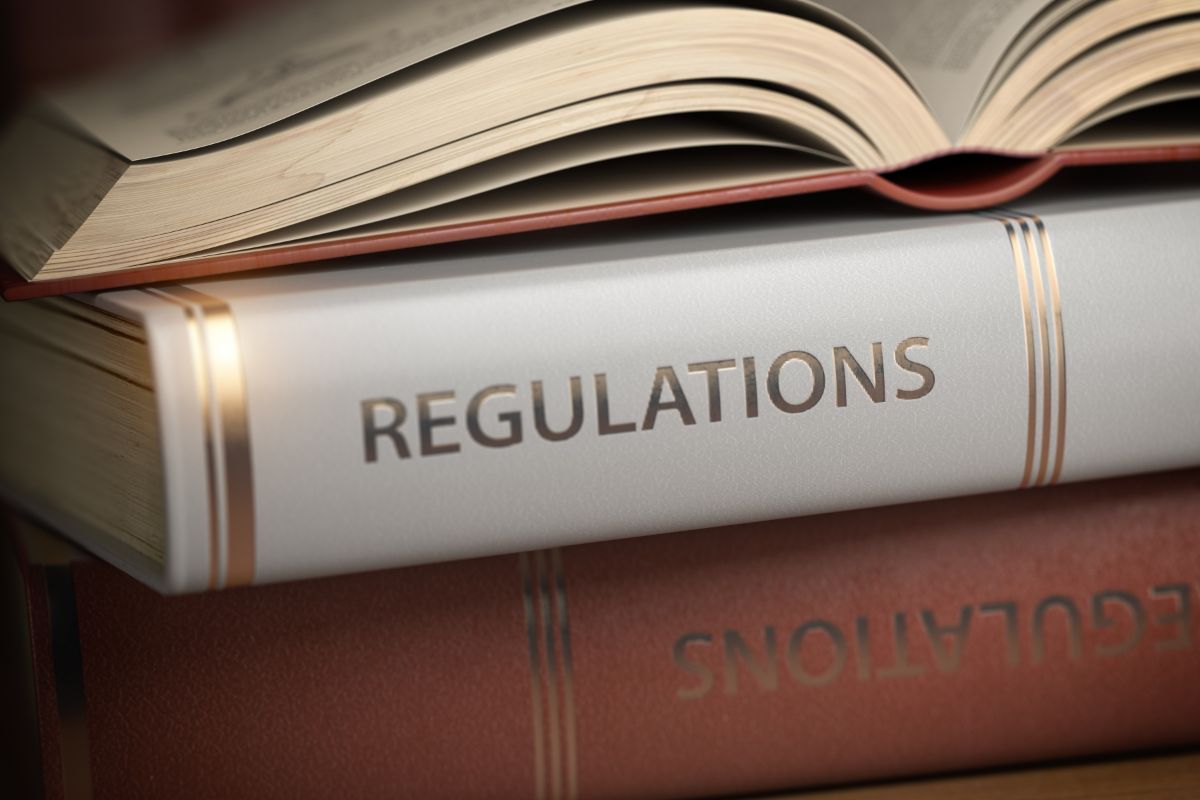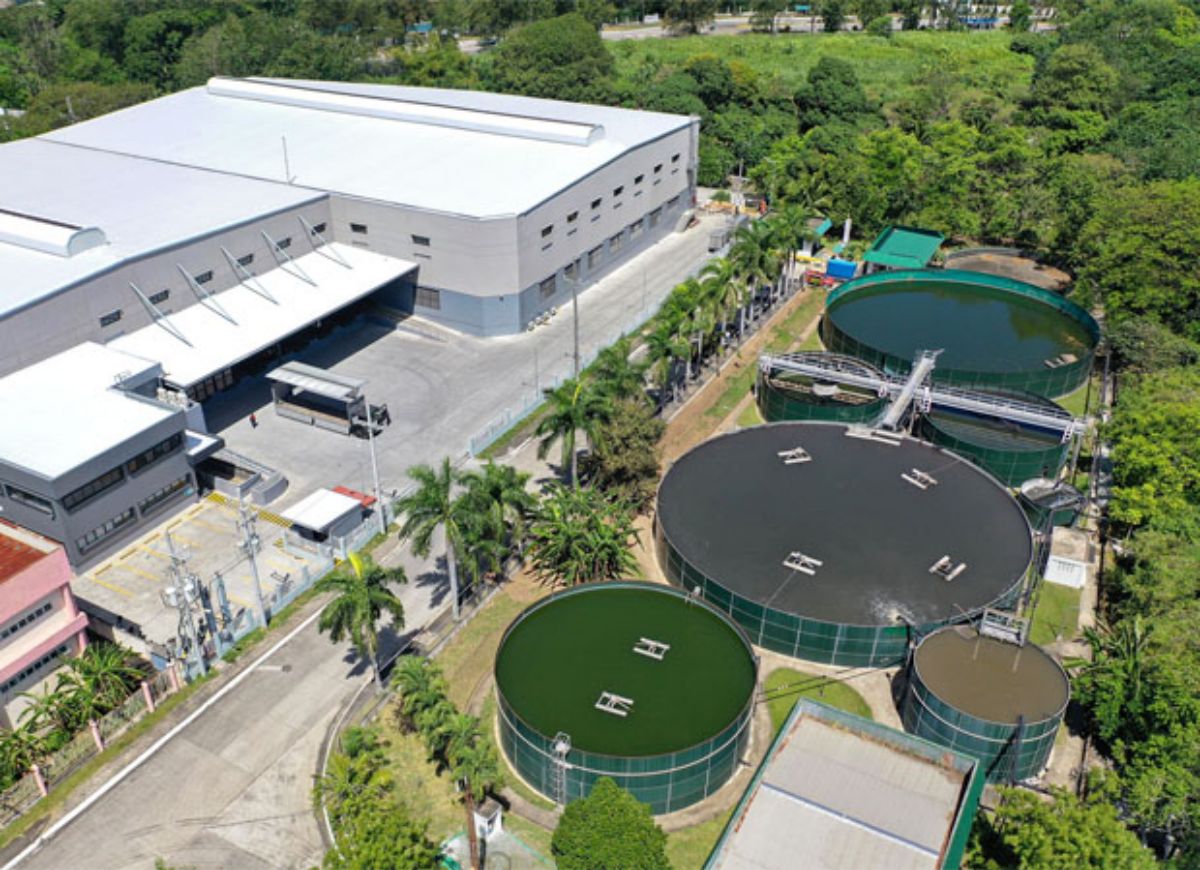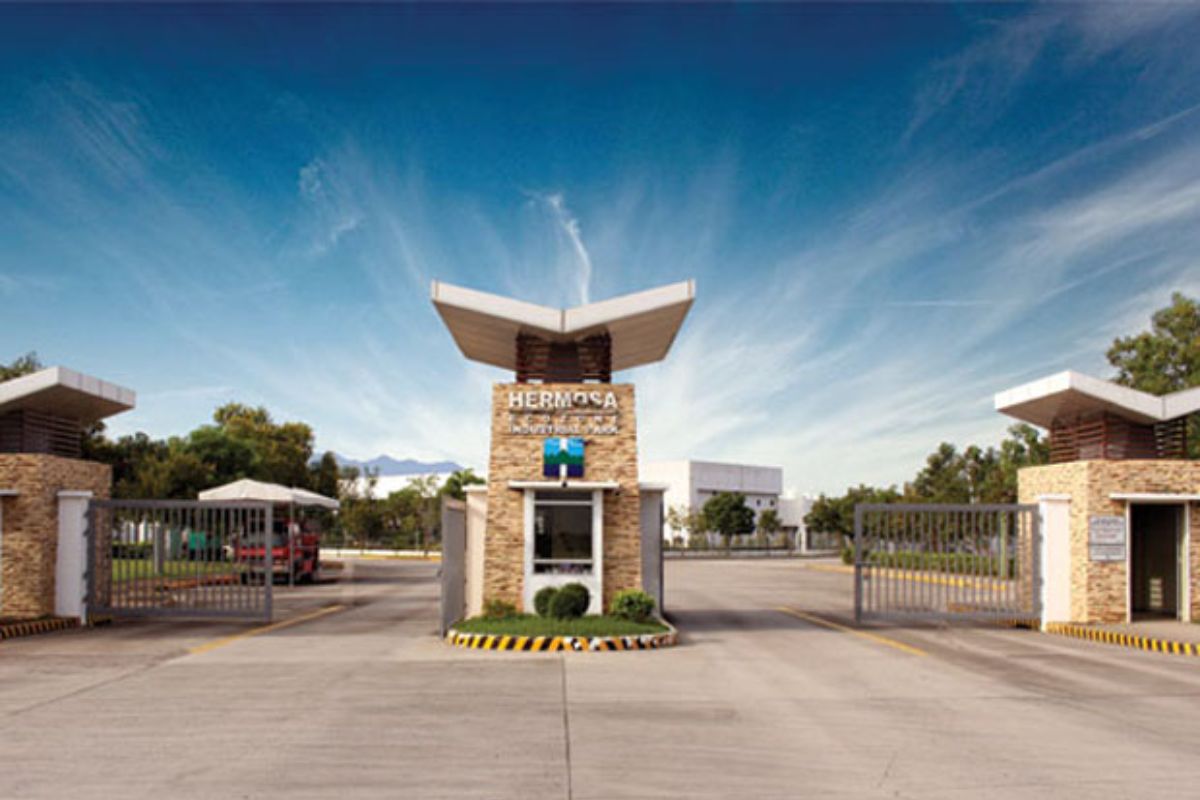What are the external factors that affect businesses?
- Economic factors
- Market competition factors
- Government policy factors
- Social factors
A strong business is built on the efforts of a great management team who are united in pursuing a common goal. To truly succeed, it’s critical to consider the impact of external factors that affect businesses. This understanding can help effectively address any problems that may arise in the future.
This article will explore those factors to provide valuable insights for corporations and entrepreneurs toward success. Keep reading to learn more!
Economic Factors

A healthy business environment depends on a stable economy and vice versa. Economic changes, such as changes in tax rates, inflation, and interest rates can greatly affect business activities and growth.
The 2022 Asian Development Outlook report highlights that the predicted growth rate of Gross Domestic Product (GDP) for 2023 is expected to slow to 6.0% from the previous estimate of 6.3%. This decrease is attributed to the 5.7% inflation rate experienced in 2022, which is expected to slow down in 2023, as well as the rise in interest rates. As a result, the overall GDP growth in Southeast Asia is expected to decelerate to 4.7% in 2023.
By being informed and proactive about our economic environment such as this, businesses can effectively navigate challenges and capitalize on other opportunities.
Market Competition Factors
Competition in the business world is inevitable, whether you are a new entrant or an established player. Established companies will be your main competitor from the beginning, and later, you will face new firms that may try to attract your customers.
In the Philippines, competition fosters market improvement and drives economic growth by encouraging producers to cut costs, implement new ideas, and offer a broader range of products and services to consumers.
In 2022, the Philippine Development Plan bolstered the Philippine Competition Act to create a favorable business environment through its focus on promoting market entry, streamlining regulations, and enhancing trade policies. This shift in focus is a response to the impact of COVID-19 and is aimed at promoting healthy competition, encouraging investments, and fostering innovation for a more resilient market.
Government Policy Factors

Government policies can greatly impact businesses, both positively and negatively. When government policies are favorable for businesses, it creates a conducive environment for growth and development. On the other hand, unfavorable policies can hinder business operations and limit its growth potential.
The tobacco industry is a good example. Cigarette companies are obligated to attach warning labels to their products and have been banned from promoting them on television. In the Philippines, the sale of small packs of cigarettes and the distribution of tobacco products within a 100-meter radius of places like schools, playgrounds, and other venues frequently visited by young people is forbidden. However, there are no limitations on online sales or the sale of individual cigarettes. Individuals below the age of 21 are not permitted to purchase tobacco products.
Businesses must abide by government policies to improve their reputation and attract more customers. By doing so, they can enhance their image as responsible corporate citizens.
Social Factors
Lastly, social factors refer to changes in consumers’ preferences, behavior, or mindset that might impact a business’s sales and profits. Currently, Filipino consumers are becoming more aware of environmental concerns which put stress on companies to implement environmentally friendly approaches in their production processes and waste management. It encompasses the ethical side of a company, including how it handles its employees, customers, and suppliers.
A report by Kantar, a leading consulting organization, showed results that 74% of Filipino households indicated a willingness to support brands that promote eco-friendly and cruelty-free products. However, it is not simple to live a more sustainable lifestyle as over half of Filipinos, 55%, stated that it was challenging to be environmentally conscious due to the lack of availability or higher cost of alternative options.
Fortunately, the notion of a sustainable and eco-friendly lifestyle is relevant to all Filipinos.
Key Takeaway
As it is evident, various external factors affect businesses, including economic, competition, government policy, and social factors. These are constantly changing, and for your business to thrive, it must be flexible enough to follow such changes.
If you’re looking for eco-friendly industrial parks in the Philippines, contact Science Park of The Philippines (SPPI) today. We have established numerous industrial parks like the Light Industry & Science Park IV in Malvar, Batangas, and the Hermosa Ecozone Industrial Park in Bataan. Our infrastructure incorporates the right initiatives, and resources you need to make your sustainable business journey come to life.



